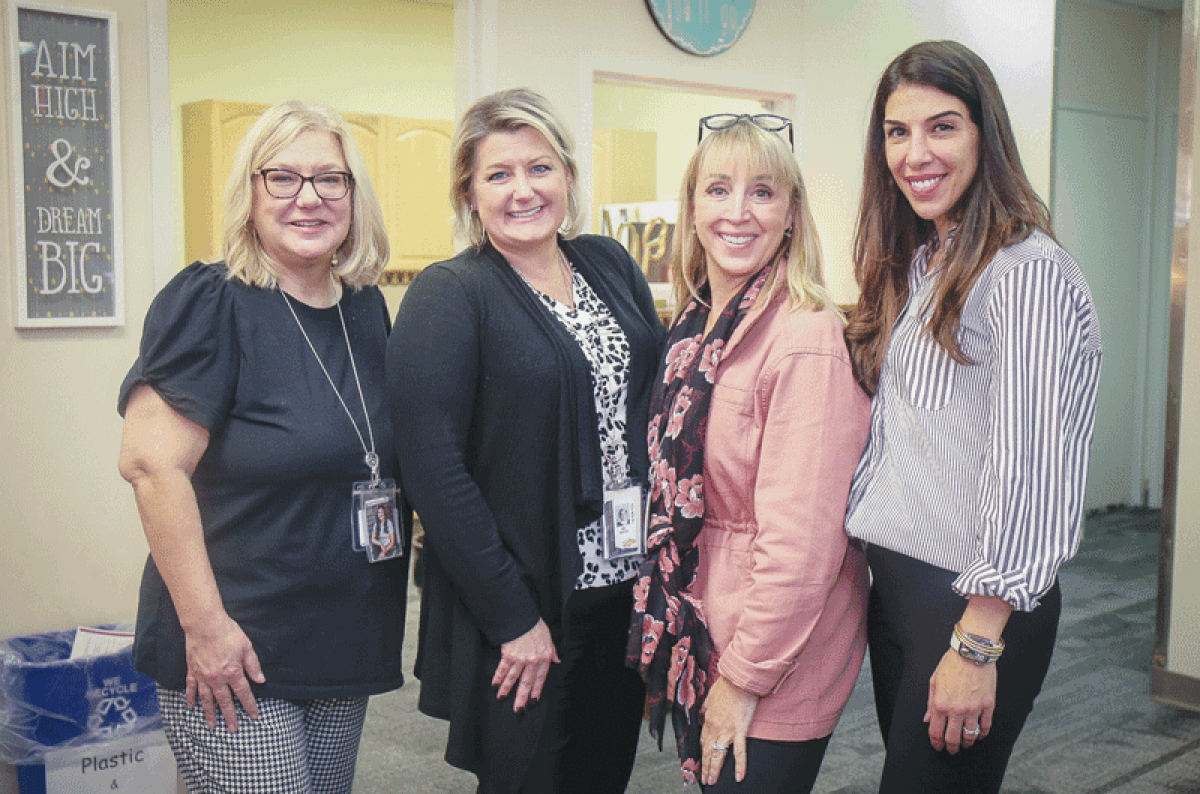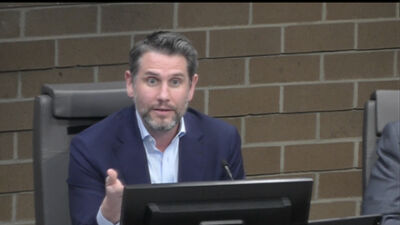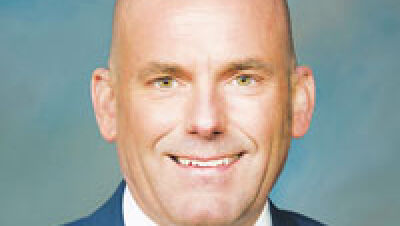WARREN/STERLING HEIGHTS — Educators in Warren Consolidated Schools see it every day. They observe students dealing with anxiety, depression and trauma, which can lead to destructive behaviors that impact their mental health, academics and life skills.
In an effort to further provide mental health services, the district recently partnered with Care Solace. The social purpose organization works with businesses, other groups and school districts to help people find access to mental health care.
Determined to break the stigma surrounding mental health, Care Solace offers educational prevention resources, provides support and builds resilience for long-term stability and health.
Warren Consolidated Schools and Care Solace have entered into a three-year contract to ensure accessible mental health care to the district’s students, staff and families. While the district will pay a fee for the service, there is no cost to the district’s families.
The four counselors at Sterling Heights High School — Areej Meengs, Debbie Duffey, Holly Reese and Roselie Ruebelman — have already started using the resource.
“The mental health crisis in the United States is real,” Reese said. “I think this is a great program. It’s awesome to have a service that can set up resources. It allows us to help more students. It was definitely a resource we needed for a long time.”
The district will utilize Care Solace’s “Warm Handoff” referral process to connect students with mental health professionals. With special software, the program works when a school counselor inputs a student’s information into the computer system. From there, Care Solace navigates the mental health care network to connect students and staff with referrals and appropriate levels of care.
“I’m super excited about it. They have so many connections in the community. It gives them information for the student and parent in a timely manner,” Reese said. “Within the same day, they start providing the resources.”
Care Solace does not provide therapy services but provides resources. Those seeking mental health services can choose virtual appointments or face-to-face sessions. Students can make certain requests, such as if they prefer a male or female counselor. Students can either attend therapy sessions once a week or once a month, depending on the need.
“We are providing them with services they need,” Meengs said. “I am ecstatic we have this.”
Meengs said students seek out counseling for many different reasons. Sometimes they are dealing with anxiety or post-traumatic stress disorders while others are battling low self-esteem issues, perfectionism or depression. In some cases, there are family problems at home.
There are also students who need help facing trauma after being physically, sexually or emotionally abused. Another contributing factor to the mental health crisis is the COVID-19 pandemic, which left many people feeling isolated. Social media also can leave a negative effect on young people.
Talking to a trained professional can help a student in many ways.
“Therapy provides coping skills and builds their self-confidence. It helps (people) heal from the past and figures out ways to resolve some of their trauma,” Meengs said. “It gives them a set of tools when faced with challenges.”
“When they start therapy, their academics will improve,” Reese said. “They’ll be able to focus because they’re not carrying their burdens alone. I would love to see them happier, well-adjusted and working through their issues. That’s a good indicator they are on the right track.”
District staff members also can use the service for themselves or their own families.
“Some have issues with their own children,” Meengs said.
Through the Warm Handoff process, Care Solace will determine which health insurances are accepted by each mental health facility.
“We don’t have to go out and research who carries their insurance,” Meengs said. “That has been very time-consuming on our end.”
“That takes away a lot of work for us,” Reese said.
Warren Consolidated Schools students, staff and families can access Care Solace’s service at caresolace.com/site/warrencs.
 Publication select ▼
Publication select ▼

























